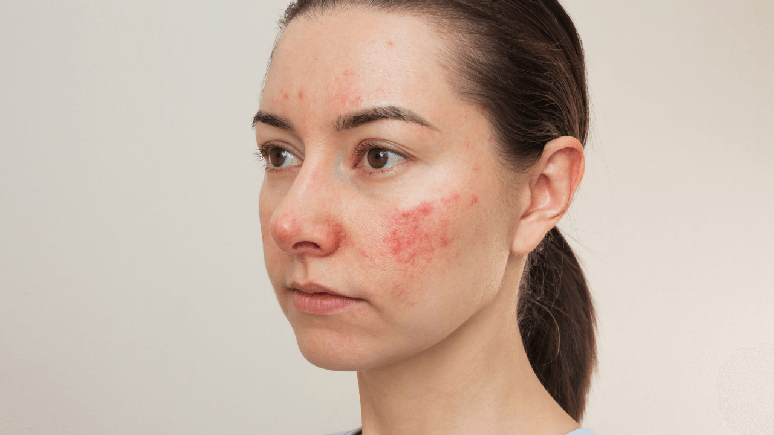Unlike allergies and sensitivities, food intolerance can cause symptoms in several body systems, making diagnosis difficult.
Abdominal pain, recurring headaches, fatigue, joint pain, acne and depressive symptoms are some of the signs that can appear suddenly, without knowing the origin. However, everyone can have only one explanation: food intolerance.
html[data-range=”xlarge”] figure image img.img-6b34387ceec76374fc777cdea4a26b176lafi8gx { width: 774px; height: 463px; }HTML[data-range=”large”] figure image img.img-6b34387ceec76374fc777cdea4a26b176lafi8gx { width: 548px; height: 328px; }HTML[data-range=”small”] figure image img.img-6b34387ceec76374fc777cdea4a26b176lafi8gx, html[data-range=”medium”] figure image img.img-6b34387ceec76374fc777cdea4a26b176lafi8gx { width: 564px; height: 337px; }
Those who refuse certain types of food can also suffer from the problem. “We have already realized that both lactose intolerance and gluten sensitivity are or may be related to food intolerance. Therefore, simply removing these foods from the menu brings significant improvement in the patient’s hair and nails. from simple swelling to recurrent hoarseness”, explains the doctor Dr. Patrizia Santiago.
The specialist comments that it is common to see patients with complaints of hair loss and brittle nails. Symptoms are often due to a deficiency of the vitamins biotin (vitamin B7) or the trace element zinc, a consequence of food intolerance.
After all, what is food intolerance?
Patrícia explains that this is a response of the body to the ingestion of certain foods, in which the body has difficulty or is unable to absorb certain nutrients. The result is extreme discomfort, which can be associated with a variety of symptoms.
“It is important to clarify the difference between intolerance, allergy and sensitivity, as the consequence can range from simple to life-threatening. Intolerance is an adverse reaction, involving digestion or metabolism, but not involving the immune system,” explains the expert.
Allergy, on the other hand, involves the immune system’s response to some component, usually proteins. Finally, sensitivity is the abnormal response that can cause allergy-like symptoms.
According to the doctor, most adverse food reactions are due to food intolerance. The prevalence of the condition in the general population is thought to be 5-20%, Patrícia points out. However, due to insufficient or underdiagnosed data, the true prevalence remains unknown.
Food intolerance is associated with various non-specific symptoms involving the digestive, articular, respiratory and dermatological systems. Signs of the condition include:
- Bronchitis;
- Asthma;
- Acidity;
- Ulcers and canker sores in the mouth;
- Gastritis;
- Abdominal pain or swelling;
- Cold;
- Diarrhea;
- Nausea;
- Ache;
- Rigidity;
- Acne;
- Eczema;
- Psoriasis;
- Rash;
- Urticaria;
- Itching;
- Migraine;
- Fatigue;
- Depression;
- Fluid retention.
Source: Terra
Ben Stock is a lifestyle journalist and author at Gossipify. He writes about topics such as health, wellness, travel, food and home decor. He provides practical advice and inspiration to improve well-being, keeps readers up to date with latest lifestyle news and trends, known for his engaging writing style, in-depth analysis and unique perspectives.








